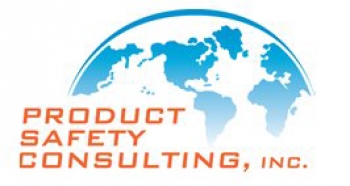Hoverboard Safety Issues
A recent example of the product safety certification process involves hoverboard manufacturers, which will now be required to provide counterfeit safety marks on their products. Underwriters Laboratories, an independent safety consulting and certification company, has developed safety standard UL2272 for self-balancing scooters, often called hoverboards. This standard involves the electric drive train, the rechargeable lithium-ion batteries and the charger system. Short circuits can occur when the lithium-ion batteries are jostled, which can lead to explosions during extended charging periods.

In late December 2015, the U.S. Consumer Product Safety Commission tweeted about investigating 22 reported fires in at least 17 states. There were also 70 ER-treated injuries reported at that time. Hoverboards, with the product safety certification approval, will no doubt become the desired models of choice for the safety-conscious consumers going forward.
With an engineering team that has over 150 years of combined product design and compliance experience, we understand how difficult it can be to navigate the regulatory landscape. We collaborate closely with our customers – at any stage in the product development lifecycle – to help them understand how to meet the requirements of a given standard.
We have been working closely for over 20 years with all of the major Nationally Recognized Testing Laboratories (NRTL), such as Underwriters Laboratories (UL), Intertek (ETL), the Canadian Standards Assocation (CSA), QPS, SGS, MET Labs, and many others. We understand the additional costs in time and money that are incurred when a product fails an evaluation or test. That is why we are committed to working with product designers to make sure that only passing are products submitted to an NRTL for certification.

